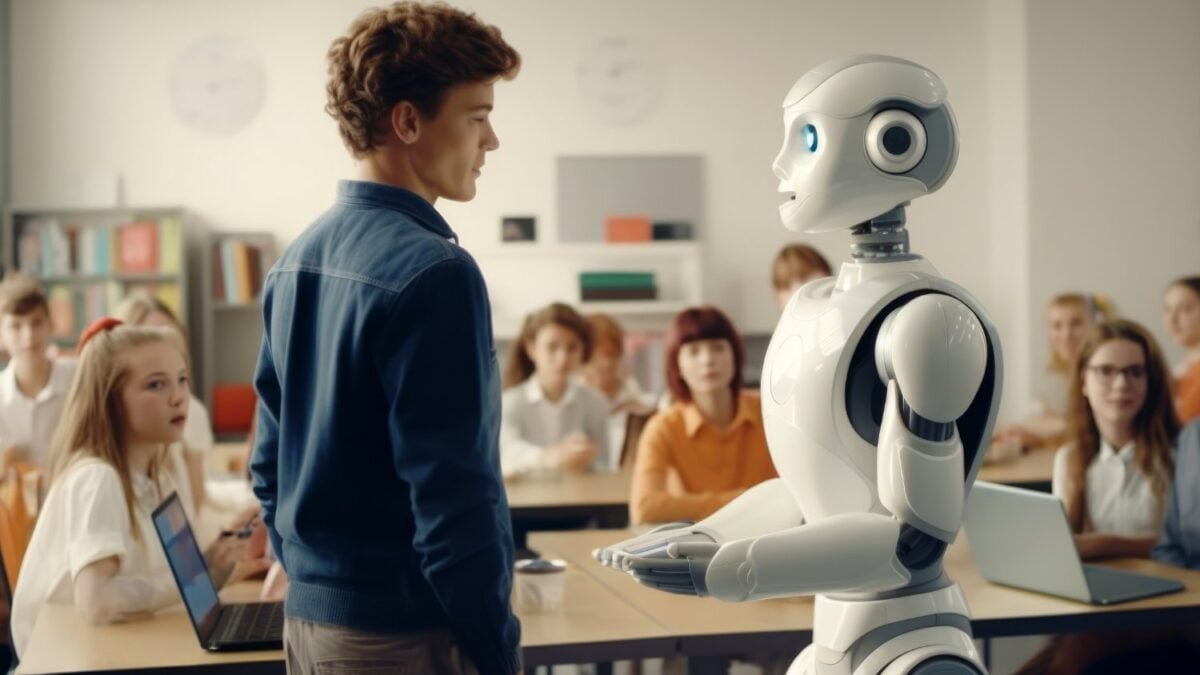Harvard Shows AI Tutors Boost Student Comprehension and Motivation

The tireless tutor
In an experiment with Physics students, Harvard researchers followed the students throughout the semester to evaluate the effectiveness of a digital assistant compared to traditional active learning. Results showed that students using the AI tutor had a better understanding of the content and demonstrated higher motivation due to personalized explanations, real-time confusion detection, and consistent interaction.
AI as an ally (not a substitute) for teachers

The success of the AI tutor experiment does not mean replacing teachers but rather enhancing student reasoning skills. However, researchers caution against overdependence on AI as it may hinder critical thinking skills. The ethical and pedagogical use of AI tools is crucial for real performance improvement.
A scalable model for the future of education
The Harvard team is collaborating with the Derek Bok Center for Teaching and Learning to expand the AI tutor program to various introductory courses. The goal is to provide subject-specific tutors that support students within a supervised learning framework. AI offers personalized learning on a large scale, but its success hinges on effective integration by teachers.

New challenges: ethics, dependency, and equity
While AI tutors bring enthusiasm, experts warn about disparities in access to quality systems, data privacy issues, algorithmic biases, and concerns about job substitution for teachers. Harvard suggests establishing ethical protocols to ensure transparency, human support, and limitations on automation.
The classroom of the future
The integration of AI tutors is reshaping both student learning and teacher instruction. The hybrid model of human teacher and digital tutor may become commonplace, combining traditional teaching empathy with automated precision. According to Kestin, AI’s role is to complement and expand the reach of teachers, facilitating better understanding of the world when used appropriately.




